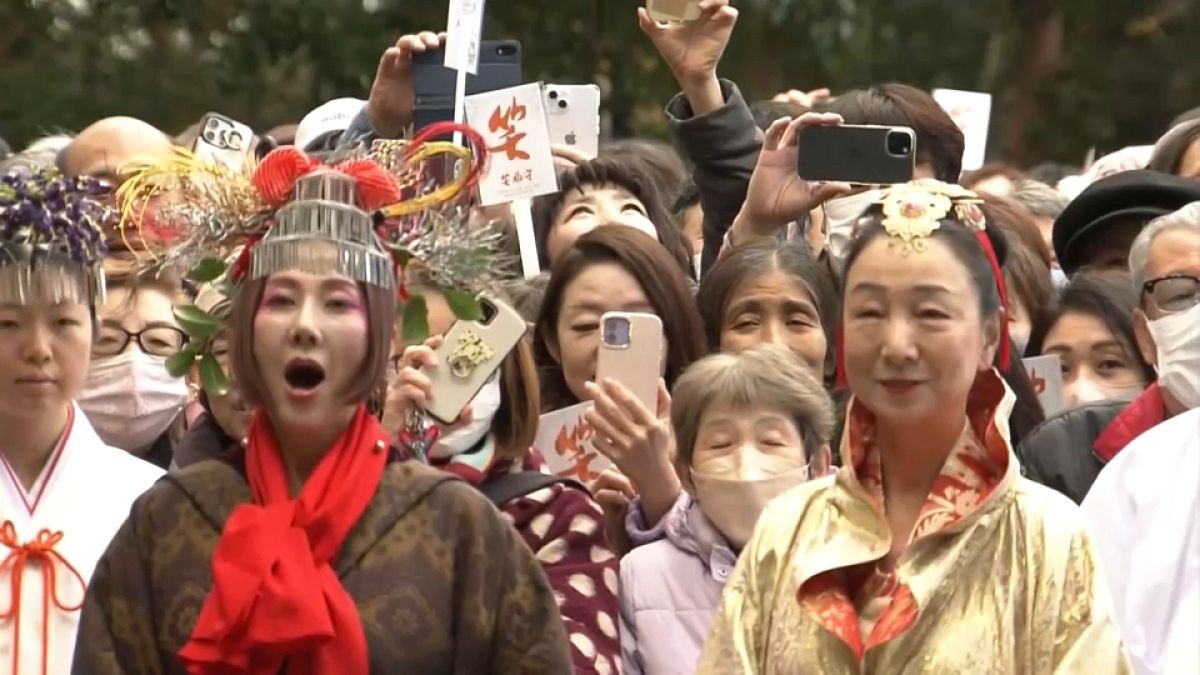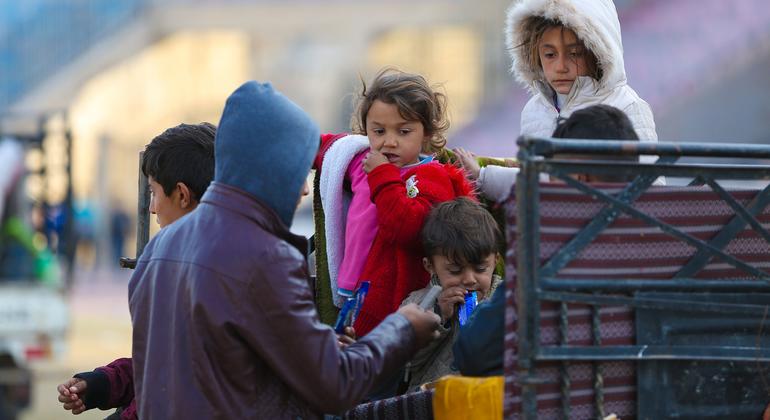Belgium (Brussels Morning Newspaper), As the hushed anticipation of a London morning, gave way to the deliberate proceedings within its courts, the story of Julian Assange—a tale interwoven with the fabric of modern journalism, espionage, and the relentless pursuit of truth—found itself at a critical juncture. This Tuesday, the legal battle that has ensnared Assange, the Australian founder of WikiLeaks accused by Washington of espionage for his revelatory work, took a decisive turn. The courts began to deliberate on whether to permit Assange a final appeal against his extradition to the United States, a scenario that encapsulates a broader discourse on press freedom, the bounds of state secrecy, and the murky waters of digital whistleblowing.
At the heart of this legal drama is Assange’s radical transparency crusade, which catapulted WikiLeaks to the forefront of international journalism. His platform laid bare over 700,000 confidential documents, shedding unprecedented light on the United States military and diplomatic endeavors in Iraq and Afghanistan. Among the trove of revelations was a harrowing video depicting the death of civilians, including two Reuters journalists, at the hands of an American helicopter in Iraq—a moment that starkly illustrated the brutal realities of modern warfare.
Assange, now 52, finds himself accused of espionage, a charge that carries the potential for a sentence as daunting as 175 years in American prisons. This prospect has rallied his supporters, journalists, and human rights advocates around the world, who see in his persecution a dangerous precedent for press freedom and the public’s right to know.
Edward Fitzgerald, Assange’s counsel, ardently defends his client’s actions as nothing beyond the realm of “ordinary journalistic practice,” arguing that Assange is the target of a “political” prosecution aimed at silencing a troublesome voice. This view is echoed by organizations and individuals championing Assange as a symbol of the fight against the suppression of the press, with The Guardian heralding the hearing as “the moment of truth.”
On the other side of the Atlantic, the response has been a mix of assurances and diplomatic gestures. The United States has attempted to assuage fears regarding Assange’s potential treatment, explicitly stating he would not be detained in the notorious ADX Florence prison and would be afforded the necessary medical and psychological care. Furthermore, a transfer to serve his sentence in Australia has been floated as a possibility—a concession that has done little to calm the concerns of Assange’s advocates.
The British judiciary’s stance, influenced by these assurances, has yet to convince a vocal and diverse chorus of supporters, including Assange’s wife, who have raised alarms about the implications of his extradition on his health and the broader implications for journalistic freedom. The United Nations Special Rapporteur on Torture has also weighed in, underscoring the gravity of Assange’s predicament and the pressing human rights considerations at play.
As London’s High Court deliberates over these two days, the absence of Assange, detained since 2019 in the high-security Belmarsh prison, looms large over the proceedings. His physical and mental well-being is a specter that haunts the discussions, amplifying the stakes of a legal battle that transcends the individual at its center.
Outside the court, a palpable sense of solidarity and urgency animated the crowd, with chants of “Free Julian Assange” echoing against the stately backdrop of London’s legal edifices. Stella Assange, Julian’s wife, stood before the assembled supporters, her words a poignant reminder of the personal cost of this protracted legal struggle and the universal quest for truth that it represents.
These proceedings, with its blend of legal intricacies, ethical dilemmas, and human drama, transcend the fate of one man. It questions the boundaries of national security, the sanctity of press freedom, and the global community’s commitment to transparency and accountability. As the world watches, the outcome of Assange’s appeal will undoubtedly leave an indelible mark on the principles of democracy and the fundamental human right to know.
Dear reader,
Opinions expressed in the op-ed section are solely those of the individual author and do not represent the official stance of our newspaper. We believe in providing a platform for a wide range of voices and perspectives, even those that may challenge or differ from our own. As always, we remain committed to providing our readers with high-quality, fair, and balanced journalism. Thank you for your continued support.Sincerely, The Brussels Morning Team




















Discussion about this post